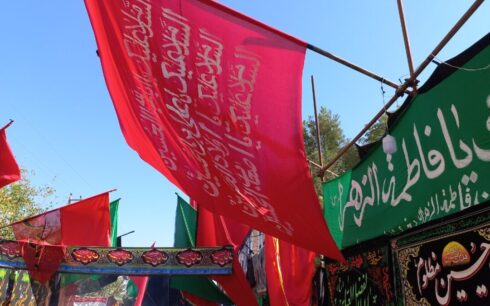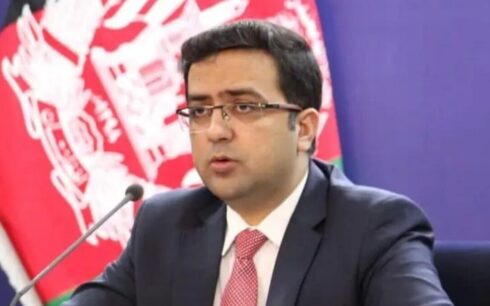BADGHIS, Afghanistan — Shireen Gul, a grandmother in western Afghanistan’s Badghis province, has become the only breadwinner for her family of 14, a burden that grows heavier as economic hardships and job shortages plague the region.
Badghis, like much of Afghanistan, is struggling with a severe lack of employment and worsening poverty. Internally displaced families in the province report that food and basic necessities have become increasingly difficult to secure, leaving them in a state of desperation. “I have seven daughters and five sons, and two are my daughters-in-law,” Ms. Gul said. “All of them depend on me. I am very distressed and fear that one day I may have to beg. Please, look at our living conditions — we are poor and fragmented.”
Ms. Gul has lost one of her sons, while another is jobless. Despite multiple attempts to find work, her son Mohammad has been unable to secure a job. He tried twice to reach Iran for labor but was detained and deported each time. “There is no work here in Badghis, and people are forced to look abroad,” Mohammad said. “Even water is scarce. Those with money have to buy it.”

The displaced families in Badghis identify economic hardship as their most pressing issue. “No aid has reached us so far,” said Shah Pari, a resident of Badghis. “We are poor and suffering. Please help us.”
The situation in Badghis reflects a broader crisis across Afghanistan. A recent report by the Multidimensional Poverty Index (MPI), published by the United Nations Development Programme and the Oxford Poverty and Human Development Initiative, shows that 70 percent of Afghan children under 18 are living in poverty, compared with 57.8 percent of adults. The report underscores the country’s deepening poverty crisis, noting that while children make up half of the world’s poor, Afghanistan’s share is even more stark, with 58.9 percent of its population in poverty being children.





